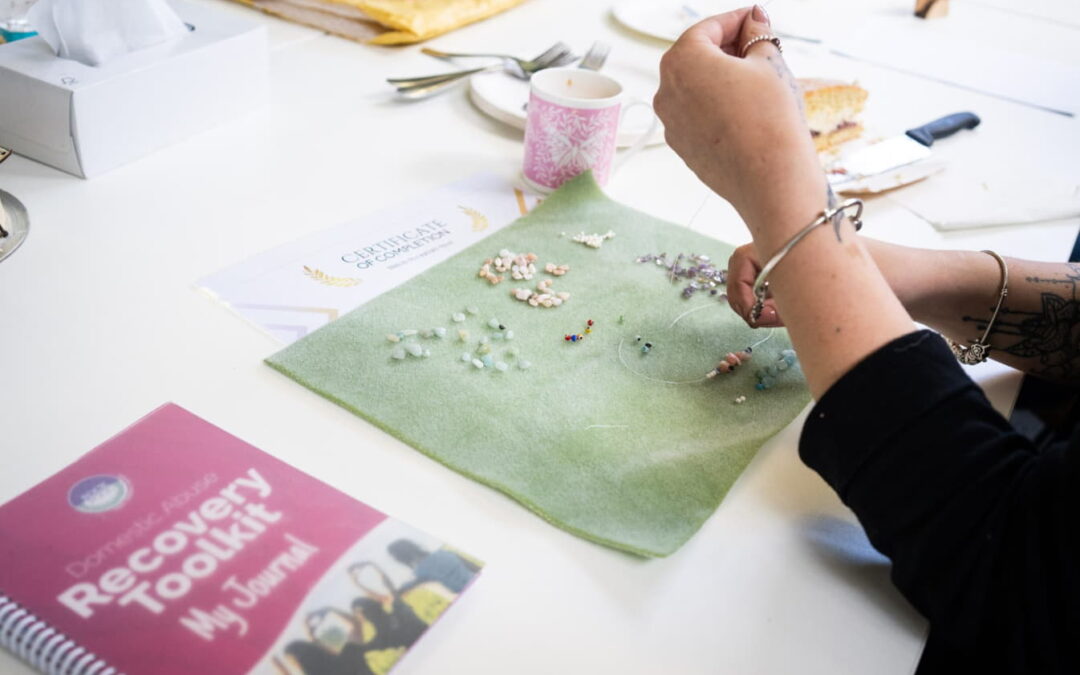Abuse can leave a lasting impact on a person’s life. Whether it is physical, emotional, or mental abuse, it can cause severe trauma that can affect every aspect of your life. However, recovery from abuse can transform your life and bring you inner peace that you never thought possible. This blog post will explore how abuse recovery can help you heal and change your life for the better.
Acknowledgment and Acceptance:
The first step towards recovery is acknowledging that you have been a victim of abuse. It’s important to accept that it is not your fault and you do not have to live with it. Accepting that you have been harmed can help you begin the healing process and eventually lead to empowerment.
Treatment and Support:
Abuse recovery can involve different types of treatment depending on the severity and type of abuse encountered. Therapy, counselling, and support groups are commonly used approaches for recovery. They provide a safe environment where a person can talk about their trauma, seek validation, and be heard without judgment.
Self Care:
Self-care is an integral part of healing from abuse. Self-care promotes self-love and self-esteem, which in turn helps an individual feel in control of their life. Self-care can include activities such as yoga, mindfulness, and meditation. Engaging in self-care practices can also help a person identify their emotional and physical needs, which is key to self-growth.
Building Healthy Relationships:
Abuse can lead to distorted interpersonal relationships, which can make it difficult for a person to build healthy boundaries and maintain healthy relationships. Abuse recovery can ‘re-wire’ your perception of relationships and help you in building healthy relationships based on mutual respect, trust, and communication. As you heal from the wounds of abuse, learning to forgive yourself and others can help you navigate future relationships in a much healthier way.
Reclaiming Life:
Abuse can turn a person’s life upside down, and it can have a detrimental effect on their sense of self. However, recovery from abuse can be the catalyst for change and transformation. Reclaiming your life can involve challenging the beliefs that you have about yourself and the world around you, and replacing them with healthier beliefs.
Conclusion:
Recovery from abuse can be challenging and painful, but it can also transform your life and bring you inner peace. Acknowledgment and acceptance, treatment and support, self-care, building healthy relationships, and reclaiming your life are all essential components of abuse recovery. Remember, the goal is not to forget your experience but to learn to manage and cope with it.

